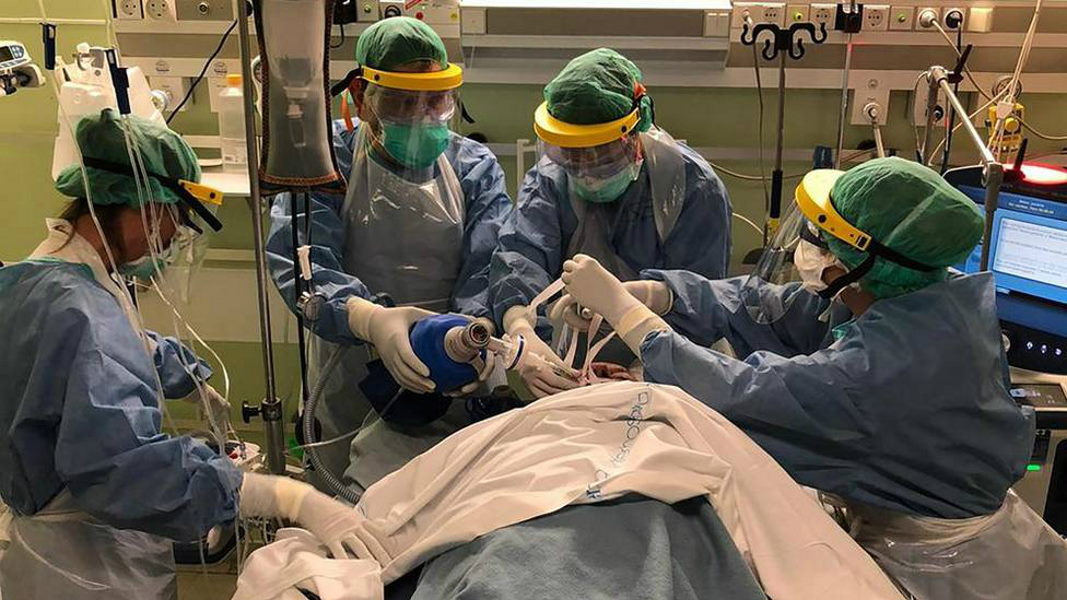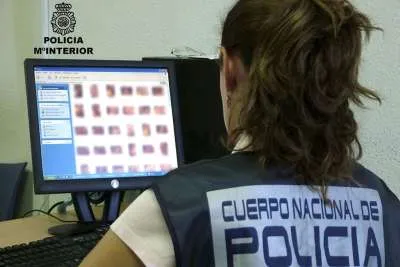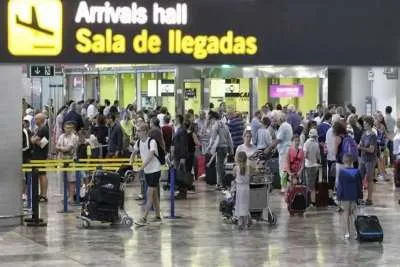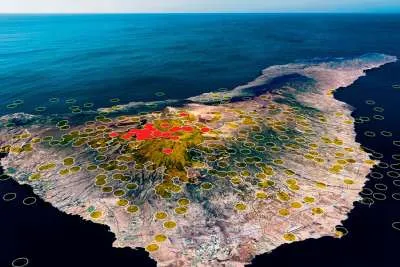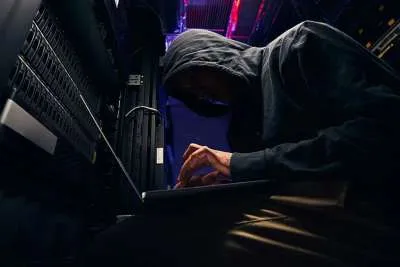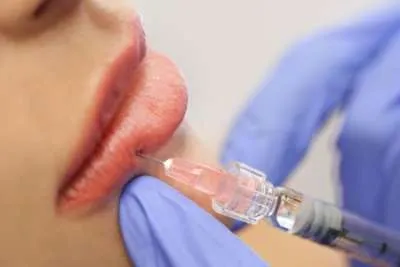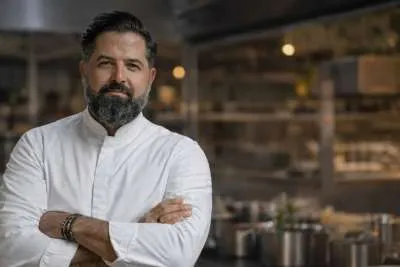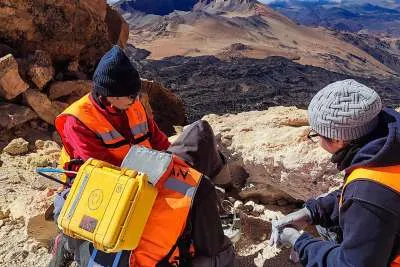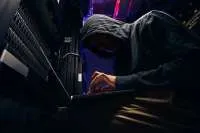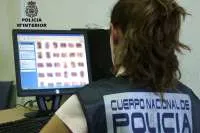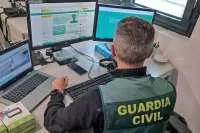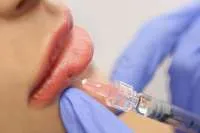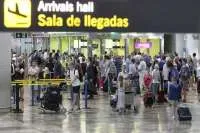Front line Canarian health workers believe that the Government has acted too late
- 26-12-2021
- Health
- Canarian Weekly
The Canary Islands registered a new record of infections on Christmas Eve, exceeding 3,000 new daily cases for the first time. This week the Canary Islands Government has imposed the mandatory use of masks outdoors like in other regions of Spain, and from today the Covid certificate is mandatory in public establishments and has reduced the opening hours of leisure and restaurant venues.
Despite this, front line health workers believe that, after the increases that started after the December bank holidays (6-8th), these measures are too late to try to stop the cases in the islands with the influence of the omicron variant, which is more contagious although less lethal than other strains.
Currently, over 70% of those admitted to intensive care are not vaccinated. Those who are getting the most seriously ill are unvaccinated, and most of the deceased are unvaccinated. Those who spend the longest time in intensive care are unvaccinated.
Yes, the vaccinated are also getting infected; but in most cases they are the ones that are not getting seriously ill. The probability of suffering the serious consequences of the virus is much lower. The numbers are clear and do not allow debate: For every 10 ICU admissions, 8 are not vaccinated, most are middle-aged and with obesity problems.
Domingo González, an ICU physician at the Gran Canaria Maternal and Child Insular Hospital Complex, acknowledges the frustration felt by health workers on the islands, when they see how contagions are soaring in the archipelago due to the late taking of measures by the Government and the irresponsibility from parts of the population.
“It’s incredible that the public still has to be told to be responsible, when every day we see people get sick and die in hospitals. The nurses do not understand the images of the December bank holidays, or the outbreak in the disco in Tenerife, which is not an isolated situation, it’s happening all over the Canary Islands.”
“We are experiencing great hospital pressure, we are receiving psychological help to be able to get through this situation again. I really hope and wish that everyone is consistent and responsible in the two weeks of festivities. All this increases our frustration and our anger", admits González.
“Right now the Canarian health system (SCS) is under great pressure, fundamentally in primary care”, admits the ICU doctor. “The situation in hospitals has become very complicated in the last two weeks, and that has created a lot of stress and tension for us, which has forced us to expand on duty doctors and those of us who are not on duty, who are over 55 years old, have had to come in for support shift on holidays. And that from a medical point of view is taking us to the limit of exhaustion.”
He also adds that "Most of the unvaccinated who are admitted regret not being inoculated. We cannot give them a vaccine after they have entered hospital, as it is a preventative, we have to use all sorts of different drugs to keep them alive, many with far more possible side effects than the vaccines."
“The fears induced by conspiracy theories continue to influence many people. An unvaccinated person is someone who is afraid to be vaccinated, it is not that they don’t believe in the disease or in the vaccine, but that they are afraid of the consequences," says González, who continues to believe in the vaccine and social responsibility as the best weapons to end the virus.
“The vaccine is the best weapon against the virus, but not the only one, as the measures to avoid contagions are also necessary, especially with omicron. This variant has a higher level of contagion, so it should not only be stopped with the vaccine. In my opinion, I think the virus is coming to an end, it is changing to strains with less incidence, so it will continue to affect patients who will die, but the large volume of the population will be ok, but until that moment arrives, we must continue vaccinating and taking all measures and precautions seriously," he concludes.
Other articles that may interest you...
Trending
Most Read Articles
Featured Videos
TributoFest: Michael Buble promo 14.02.2026
- 30-01-2026
TEAs 2025 Highlights
- 17-11-2025


